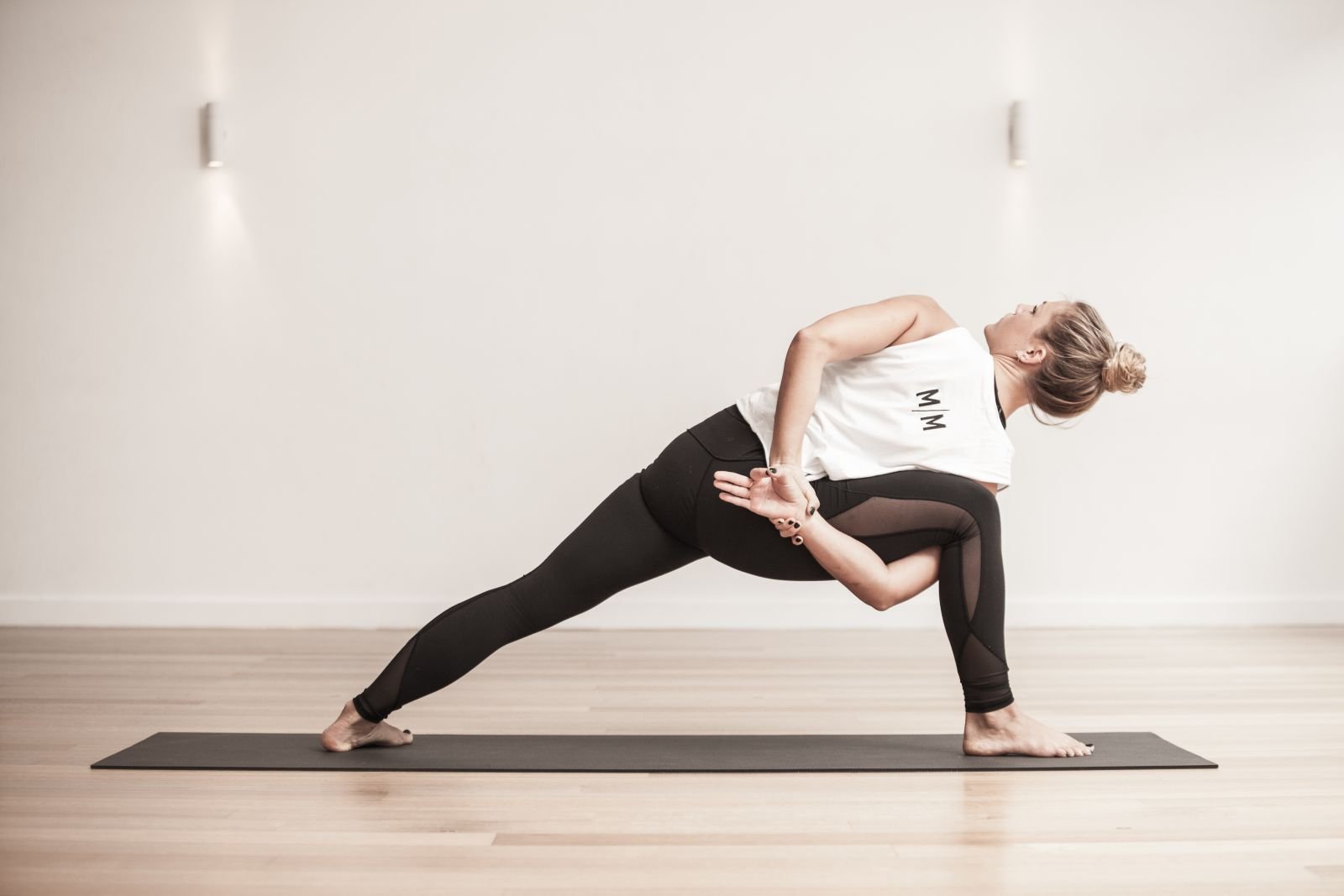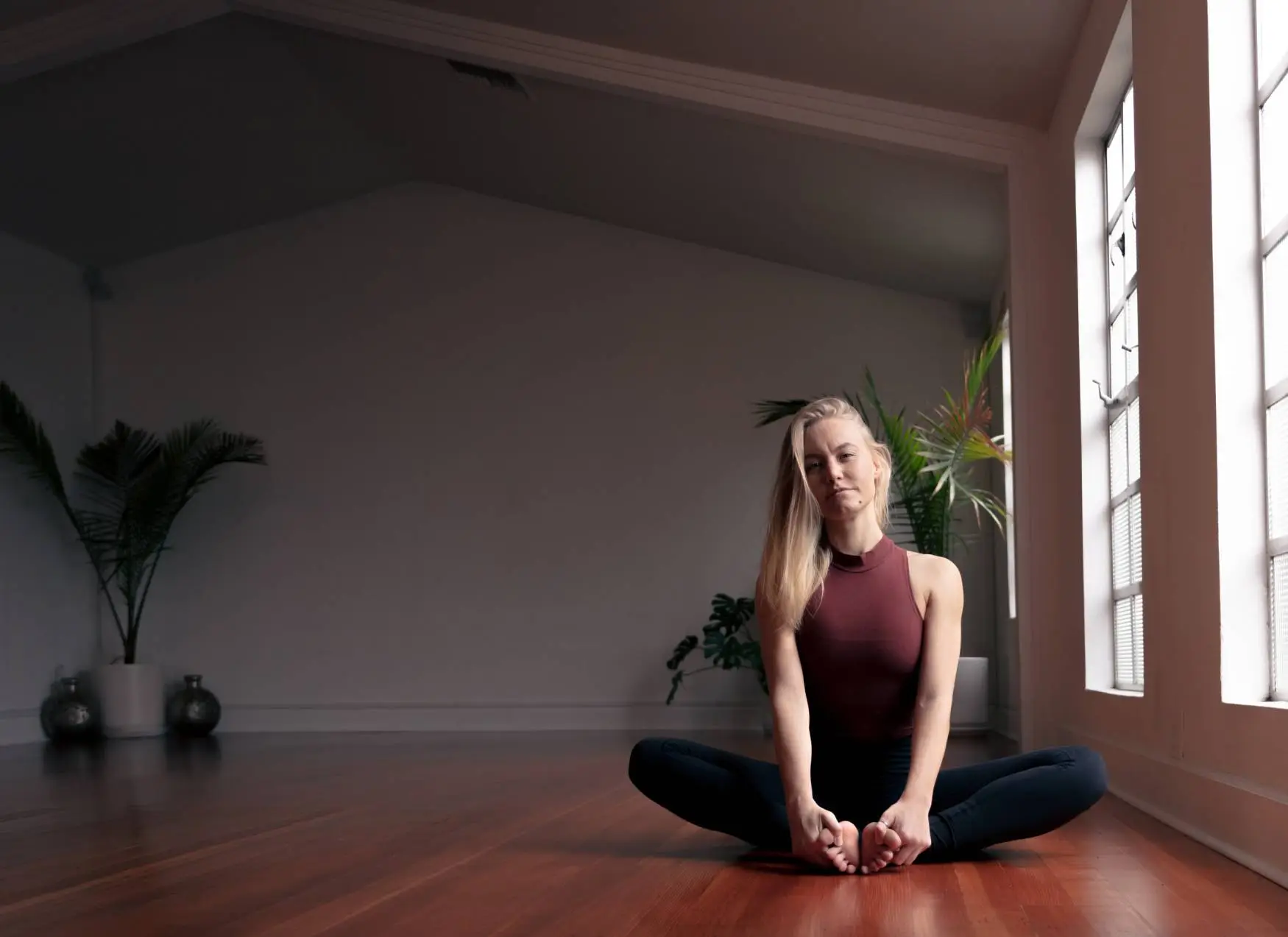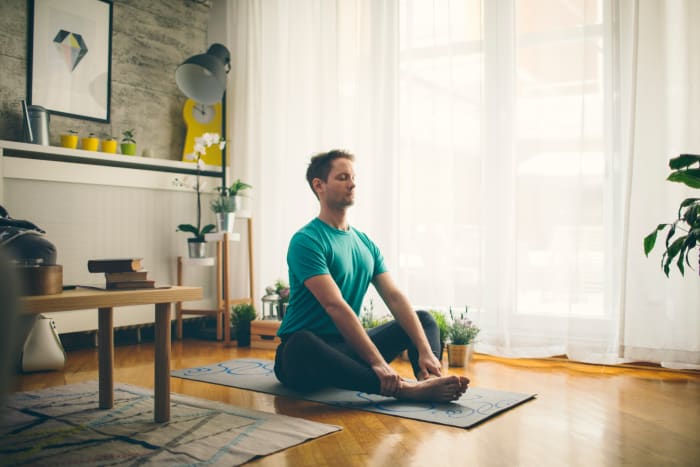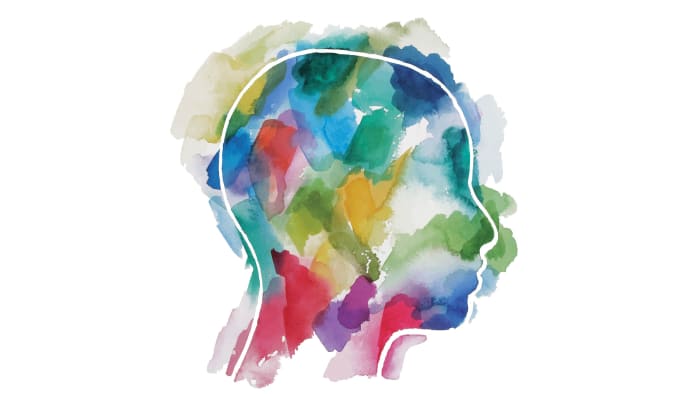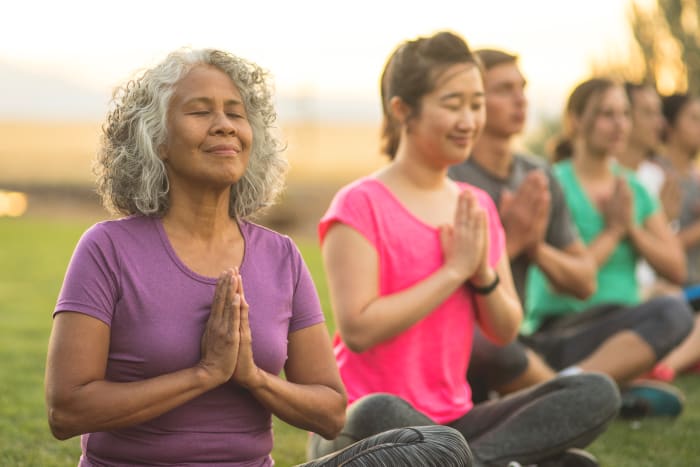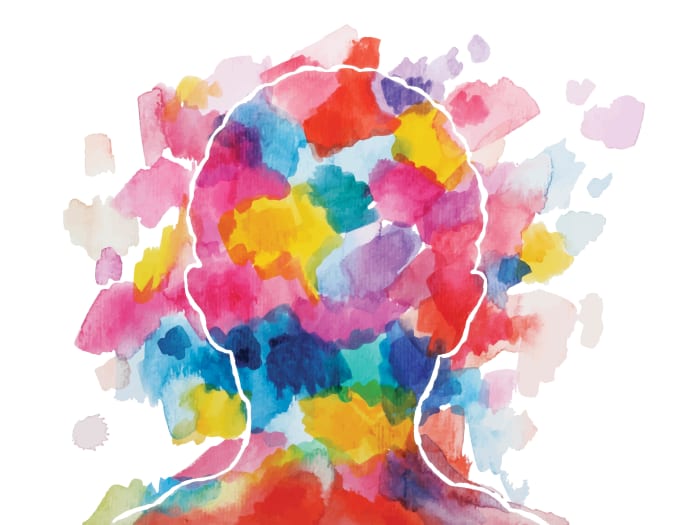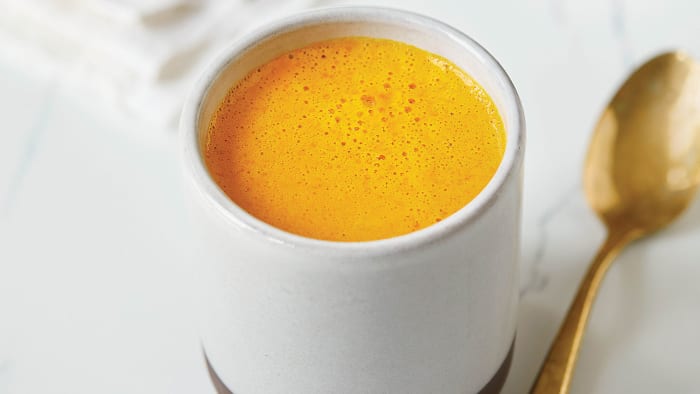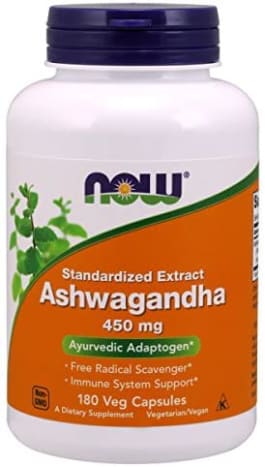Michael Trainer’s father, John, was diagnosed with dementia in 2012, shortly after he’d finished chemotherapy for prostate cancer. “Cancer was treatable, but dementia felt like a devastating diagnosis,” Michael says. Leaving his job to spend time with his dad, Michael first traveled with him to South Africa to forge new memories. Then, staying at home with him, Michael devoured every book and study he could find on Alzheimer’s disease—desperate to help his father retain those memories for as long as possible. He considered everything: “What doctors to see, what supplements to take, how to change his diet,” Michael says.
Asana and meditation were already part of Michael’s daily routine. He had studied both, along with Ayurveda, when he was on a Fulbright scholarship in Sri Lanka in 1996. Based on his own experience with yoga and what he was learning about cognitive decline and repair, he thought these practices might help his father. But his dad—a “meat and potatoes” kind of man—was 75 and set in his ways. “It was a challenge to implement new behaviors, especially amid the cognitive decline,” Michael says. “I had to learn to surrender.” But his dad did love classical music, and Michael came to think of it as meditation. “I started to see that it was serving as an anchor in his mind, like mantra; it had the power to bring him back to a calm place.” Sitting side by side on a white loveseat in his parents’ sunny living room, Michael and his father now spend hours in silence listening to the local classical music station. They breathe together, slowly, and Michael can see his father relax—closing his eyes, leaning his head back, and occasionally reaching out for Michael’s arm.
See also The Challenge of Caregiving
John’s cognitive decline was slow, starting with subtle forgetfulness—people’s names, where he’d put his keys—and exhaustion, coupled with restless sleep. And now, eight years in, “he’s sailing much farther from the shore,” Michael says. “We no longer share words, but we find home together in a loving touch or smile. I can see and feel that the music puts him at ease. It brings him joy.”
The Mind-Body Connection
Alzheimer’s disease and other forms of dementia can start several decades before an official diagnosis, so now is the time, according to the experts, to optimize your life for better brain health. The benefits will help you feel grounded and ready for anything, at any age. And yoga can help (of course). We’ve long known that practicing asana, meditation, mantra, and mindfulness can improve health and happiness. Now, scientists are uncovering how these practices can help prevent memory loss and delay the onset of more serious and scary cognitive impairments that often come with aging.
See also The Benefits of Yoga and Meditation for Alzheimer’s and Dementia
For more than a decade, Helen Lavretsky, PhD, psychiatry professor and researcher at the University of California, Los Angeles, has managed some of the longest-running studies of mind-body interventions for depression and cognitive decline in older adults. Day after day, a constant stream of people pour into her office. They are scared. They feel paralyzed and unable to cope as their loved ones slip away—or worse, they face forgetfulness themselves, regularly losing track of where they’ve parked or having to read words a dozen times over to comprehend them. Over the course of her career as a geriatric psychiatrist, Lavretsky has worked with hundreds of dementia patients and their caregivers who are stressed and depressed. In 2008, she started studying how meditation, yoga, and other gentle-movement practices, such as tai chi and qi gong, affect both mood and memory. “We’ve found that these movement practices help improve mood, resilience, and cognition; reduce inflammation; and positively affect brain health,” she says. In a 2016 study published in the Journal of Alzheimer’s Disease, Lavrestky and her colleagues found that participants (adults older than 55 and with mild cognitive impairment—a risk factor for dementia and Alzheimer’s) who practiced yoga over a 12-week period experienced improvements in mood and in visual and verbal memory for up to six months. Through brain scans, she was able to identify increased neural connectivity in the default mode networks (DMNs) of their brains—where complex decisions are made; awareness, focus, and empathy emerge; and memories are stored. Lavretsky says these changes occur when we practice unfamiliar movements. When we learn new skills, we create new neural pathways, improving neuroplasticity, or the brain's ability to rebuild, she says.
See also The Big Brain Benefits of Meditation
Our brilliantly complex brains are made up of billions of neurons that form trillions of connections with one another. These connections create electric and chemical networks that shape our experiences and help us learn and evolve. If we stop doing things that build and strengthen these connections, our brains will atrophy and lose plasticity, and we’ll start losing memories and our ability to function in the world. “Creating new neural pathways is a way of recovering and improving cognitive capacity, including processing speed and memory, that may decline with aging or brain diseases like Alzheimer’s or Parkinson’s,” Lavretsky says. Furthermore, spiritual practices, such as meditation, also improve the ability for self-regulation during stress, meaning your mind and body learn to not react immediately to stressors. Instead you can take a breath, get centered, and respond in a healthier way. Meditative practices may also change neural activity and connectivity in the DMN.
And as for what is happening in the mind of John Trainer as he listens to complex classical music, there may be a connection to meditation. Studies focused on music and brain health have shown that listening to your favorite songs also improves connectivity among parts of your DMN and strengthens connections between the sections of your brain responsible for hearing and memory. Jonathan Burdette, MD, works at the Laboratory for Complex Brain Networks at the Wake Forest School of Medicine and studies the effects music has on the brain. His research has shown that listening to your preferred tunes—whether Mahler or Eminem—lights up your DMN. Other studies have shown that chanting, practicing mantra, and listening to music can help develop new neural pathways. While research hasn’t been amassed on how music and meditation may compare, or whether music as the object of attention during meditation is the same as other focal points, such as your breath, Burdette says, “it wouldn’t be surprising if there was overlap between them: Music is a huge encoder of memories.” And maybe we don’t need all of the science to be in; the observations are powerful. “I’ve seen people with Alzheimer’s, who haven't spoken in years, listen to a song from their teenage years and come back to life, singing and dancing,” Burdette says. There are even nonprofits, such as Music & Memory, that bring music to people in assisted living to help them reconnect to themselves and the world. “Individual preferences for relaxation can play a role in what works for people in terms of reclaiming memories and bits of their old selves,” Lavretsky adds.
See also A 30-Minute Meditation Playlist Designed to Help You Drop in Deeply
As we age, we continue to form neural connections, but the brain’s processing speed slows down, causing those “senior moments”—such as when you walk into a room and forget why you’re there or can’t recall someone’s name. But something more severe happens in the minds of people with Alzheimer’s. Normal processes go haywire and eventually an overabundance of a peptide called beta-amyloid is produced, damaging healthy synapses and creating holes in the brain—literally and figuratively. The loss of memory, decision-making skills, and speech ensues.
Unfortunately, this scenario is becoming increasingly common. Around 75 million, or 25 percent, of Americans carry one copy of the ApoE4 gene variant—a genetic risk factor for Alzheimer’s, and 5.8 million people in the United States are already living with the disease—a number that is projected to grow to 14 million by 2050.
Plaques and tangles are found in the brains of Alzheimer's patients. Plaques are clusters of protein fragments that form when beta-amyloid clumps together. Tangles are made when a protein within nerve cells collapses into twisted strands and can no longer do its job, essentially killing brain cells. Researcher Dale Bredesen, MD, author of the New York Times bestselling book The End of Alzheimer’s, believes that the out-of-control amyloid response detected in the brains of Alzheimer’s patients is most often a reaction to inflammation, suboptimal levels of nutrients and hormones, insulin resistance, and toxic exposure to mold or bacteria (try Ayurvedic oil-pulling to prevent some harmful bacteria from migrating from mouth to mind) or to chemicals (think off-gassing from paraffin candles)—factors that we can mitigate with diet and lifestyle changes. “You can think of plaques and tangles like unpaid bills. You can remove them, but if you don’t fix the cause, you’ll continue to decline," Bredesen says.
See also Ayurvedic Medicine
Bredesen and other experts say there are four key areas that you should optimize now, so that you can stay sharp as you age and stave off more serious cognitive impairment later in life: sleep, stress levels, exercise (physical and mental), and diet. And yogic practices can help in almost all of those areas. Here, your four-part plan for maximum brain health.
Manage Stress
Chronic stress is really bad for you, as you know, and the research shows that it’s potentially noxious to your brain. High levels of the stress hormone cortisol, often a response to inflammation, are associated with brain atrophy. “It is critical that you find a way to balance your nervous system, and one way is through yoga, meditation, and relaxation,” says Bredesen, who refers to Alzheimer’s as a 21st-century disease that requires a total-body approach and the combination of Eastern and Western medicine to treat. The emphasis on the dangers of chronic inflammation can’t be overstated. It has been linked to heart disease, diabetes, and autoimmune disease, and in a study published in the August 2018 issue of Neurobiology of Aging, researchers tracked more than 12,000 people in their 40s, 50s, and 60s and found that those with high levels of inflammation had more memory problems later in life.
See also Improve Your Memory By Reducing Stress
There’s also a strong correlation between acute stress—such as your response to a sudden death in the family—and the onset of Alzheimer’s, says Henry Emmons, MD, author of Staying Sharp: 9 Keys for a Youthful Brain through Modern Science and Ancient Wisdom. But meditative practices and movements can help dampen stress, he says. Restorative yoga, for example, can balance the autonomic nervous system, shutting down the fight-or-flight response and bringing the body back to rest-and-recovery mode.
Sleep Soundly
The most important thing we can do for our brains as we age is sleep, Emmons says. Deep sleep, in particular, impacts learning and memory: When we’re in it, chemicals transfer memories for long-term storage in the brain. A study published in Science several years ago shed light on how our brains clear out waste products, such as beta-amyloid, through a series of channels (called the glymphatic system) as we sleep. The process that goes haywire in the brains of Alzheimer’s patients doesn’t allow for the normal clearing of waste, so any extra help could go a long way. “During deep sleep, when the brain is quiet and brain cells literally shrink, waste channels open up, allowing metabolic byproducts and toxins to drain from the brain,” Emmons explains. Plus, research suggests that deep sleep may also help reduce stress hormones and improve glucose metabolism, both of which impact inflammation levels.
See also 7 Sequences for Better Sleep
Yoga can help you get better Zs, and practicing asana during the day promotes better sleep at night. Emmons also suggests taking regular breaks to do a few rounds of what he calls calming breath: Inhale to the count of three or four, pause briefly, then exhale to the count of five or six. This exercise helps turn off the body’s stress response and promotes uninterrupted sleep, Emmons says.
Move Your Body and Mind
Physical exercise has a plethora of brain-boosting benefits. Activities that get your heart rate going help get rid of stress hormones and help you develop a more resilient relaxation response—one you can call on in most any situation to calm down (and one that can help you recognize that 18,000 emails in your inbox is not the same as being stalked by a lion), Emmons says. Exercise also improves insulin sensitivity (one of up to 25 contributing factors to Alzheimer’s, according to Bredesen) and increases brain-derived neurotrophic factor (BDNF)—a protein that controls the growth of new neurons.
Running and tennis are great, but asana can do the trick, too. Lavretsky’s yoga studies have shown that a 60-minute Kundalini Yoga class once a week, involving movement, chanting, and meditation, accompanied by a daily practice of a 12-minute Kirtan Kriya meditation, can improve connectivity in the default mode network of the brain.
Try Kirtan Kriya for yourself.
Why Kundalini? Well, Lavretsky is a longtime teacher of the practice, and it’s easier to perform than hatha or vinyasa, she says, because it can be done mostly from a seated position. Sixty-five-year-old Sylvia Mendoza, one of Lavretsky’s subjects, started the Kundalini Yoga protocol feeling as if she couldn’t organize her thoughts like she used to. She had been diagnosed with mild cognitive impairment and was scared to speak in front of people, fearing she wouldn’t be able to recall words or might lose her train of thought. After practicing Kundalini for 12 weeks, she says she felt more like herself. “I went from having marbles in my head to being able to organize my thoughts into files: I regained perspective,” she says. Four months after participating in Lavretsky’s study, she still practices Kundalini Yoga almost every day. “I’ll continue for the rest of my life,” she says. “Yoga has given me confidence and peace.”
See also Poses for Your Brain
The next step in Lavretsky’s ongoing work is to include larger sample sizes by studying up to 100 women at risk for Alzheimer's disease who practice for an entire year, to see if the results improve month after month.
See also Recent Study Shows How Yoga May Age-Proof the Brain
Study after study has shown that meditation alone (essentially a workout for your brain) can increase connectivity in the parts of your brain responsible for decision-making and memory. In one 2011 study, reported in the journal Psychiatry Research, a team of Harvard University neuroscientists observed, through brain scans, that just 27 minutes of meditation per day for eight weeks kept the brains of 50-year-olds looking much younger. Their minds had as much gray matter as the brains of 25-year-olds.
Mind-body practices that combine meditation and movement may be the most beneficial, says Lavretsky. In a 2016 study published in Current Behavioral Neuroscience Reports, Lavretsky and her fellow researchers reported that both mindfulness-based meditative practices that focus on present-moment awareness, like vipassana and Zen, and meditative movements, such as yoga, can help improve attention and memory. The difference is that yoga practices recruit parts of the brain that are involved in speech, motor function, and the ability to make complex decisions.
See also 15 Anti-Aging Health Benefits of Yoga That Will Make You Want to Start Practicing Now
In fact, Lavretsky’s Kundalini routine was actually more effective at building neural networks than some of the standard memory-training tools used by medical professionals. The protocol Lavretsky used in her study was developed at UCLA and utilizes mnemonic strategies for improving memory and recall. And now you might be wondering about those online memory-training tools that you've seen ads for. The jury is still out on whether apps such as Lumosity and Elevate are truly effective at improving mental agility. A 2017 study in Neuropsychology Review compared 18 apps and found that only two—Mahncke’s BrainHQ and CogniFit—were studied in clinical trials and found to help users process thoughts more quickly and improve visual memory in real-world situations.
Eat Well
Optimizing your diet is another important defense in the fight against dementia. Bredesen recommends keto-like meals that are plant-rich, high in healthy fats, and low in carbs and sugar. Think colorful, high-fiber, and detoxifying veggies, such as red cabbage and kale; low-glycemic index fruits like berries; and fats from nuts, seeds, and olive and medium-chain triglyceride (MCT) oils. And he encourages 12- to 16-hour fasts between dinner and breakfast the next day. The goal is to stabilize resting insulin levels and reduce inflammation (remember, high levels are risk factors for Alzheimer’s).
Several experts point to ways Ayurvedic eating practices align with modern lifestyle protocols for delaying cognitive decline. Finding harmony among your doshas, or primary energies—vata (air and space), kapha (water and earth), and pitta (fire and water)—may help slow aging, including memory loss... or so the theory goes. Intermittent fasting and a low-sugar, plant-rich diet that calls for abundant healthy fats and oils are all part of Ayurvedic eating.
4 Recipes for Intellectual Eating
Julie Morris, chef and bestselling author of Smart Plants: Power Foods & Natural Nootropics for Optimized Thinking, Focus & Memory, says the key to boosting brain power really comes down to one simple guideline, similar to what Dale Bredesen, MD, recommends: A diet that supports a healthy brain includes some fat, some protein, less sugar, and more plants. “Then sprinkle in natural nootropics,” she suggests. “Derived from the Greek words noos, meaning mind, and tropos, meaning turned or changed, nootropics are indeed mind-changing, cognition-enhancing substances that can improve the way you think, feel, and function.” She says she thinks of them as the superfoods of the cognition world. Natural nootropics—such as cacao, matcha, reishi mushrooms, goji berries, ashwagandha, and turmeric— not only maintain and protect neurological function, but research shows they can also improve your mental performance. Here, four recipes that are rich in healthy fats, anti-infl ammatories, and nootropics to keep your brain firing on all cylinders.
Get smart about what's on your plate and in your mug. Try these brain-healthy recipes.
The Supplement Solution
Dialing in your diet is critical, but there are all sorts of supplements marketed for brain health, too. Navigating what to buy can be as confusing and complicated as brain science itself. Emmons generally prescribes activated B vitamins, omega-3 fatty acids, magnesium threonate, and antioxidants such as coenzyme Q10 (CoQ10), along with a few herbal products that have been backed by science for memory and cognition improvement, such as ginkgo, vinpocetine, and huperzine A. He also recommends taking phosphatidylserine (PS), which plays a role in creating nerve-cell membranes.
See also Try These Mindful Herbs to Fight Forgetfulness
There's also L-serine, a trending supplement used for protection against cognitive decline. A naturally occurring amino acid, the substance has shown promise for reducing inflammation and potentially helping those exposed to the neurotoxin L-BMAA, which can happen from eating contaminated seafood. “But there is scant evidence that it is helpful for Alzheimer’s,” Emmons says. And people with cognitive decline who have contributing factors, such as insulin resistance or exposure to various pathogens and toxins other than L-BMAA, likely won't see any effects with L-serine, says Bredeson, adding that ongoing trials with L-serine should help us learn more.
On the Ayurvedic front, research from Bredesen and his colleague Rammohan Rao, PhD, at the Buck Institute for Research on Aging suggests that common Ayurvedic herbs, such as ashwagandha, turmeric, brahmi (also known as bacopa), and gotu kola, may have the potential to improve concentration, reverse forgetfulness, and reduce inflammation.
4 Brain-Boosting Herbs
See also A Diet Based in Ayurvedic Principles
Start Now
The earlier you start making brain-protective lifestyle choices, the better. Alzheimer’s essentially develops in four phases. In the early stages, nearly all people respond to lifestyle interventions, whereas those in late stages show only occasional responses, Bredesen says. The first stage is asymptomatic, but a brain scan may show abnormalities. This could go on for 10 or so years, Bredesen says. In the second phase, subjective cognitive impairment begins—patients know that things aren’t quite right, but markers for beta-amyloid still aren’t showing up in lab tests. This can last for more than a decade, he says. The third phase, which can last several years, is mild cognitive impairment. Lab tests show cognitive impairment, but self-care and independence aren’t suffering. “Most people with MCI can get better, but not always,” Bredesen says. “Each year someone has MCI, they have a 5 to 10 percent chance of developing full-blown Alzheimer’s—the fourth phase.” This crossover begins when patients start to have trouble taking care of themselves. In an effort to get ahead of the problem, Bredesen recommends checking for potential at-risk markers, including ApoE, as soon as you turn 45. (His blood test recommendations, and how to interpret and act on them, can be found at mycognoscopy.com). With prevention in mind, “the key is to pick a practice you like and adhere to it,” Lavretsky says. “The earlier you start learning how to cope with stress, the more you delay aging-related diseases,” she says.
See also Mind over Matter
Michael Trainer is sticking to his meditation practice. “Witnessing my father’s decline changed me. It was a catalyst for me to look at how I approach life,” he says. “I stopped working so many 12- to 14-hour days and I practice meditation and yoga daily, in addition to eating and sleeping well, because they are buffers to and integral in my own defense of dementia.”
In fact, he’s taken it a step further and now draws global attention to brain health through his digital platform Peak Mind—where you can sign up for meditation and mindfulness practices. In 2015, he co-hosted a Peak Mind event with the Dalai Lama, on His Holiness’ 80th birthday, to “make my dad proud,” he says. But by the time the star-studded occasion rolled around, Trainer says his father no longer recognized the Dalai Lama. “All of a sudden, I realized I just wanted to be with my father; it became less about grand gestures and more about the simple quality moments with him.”



